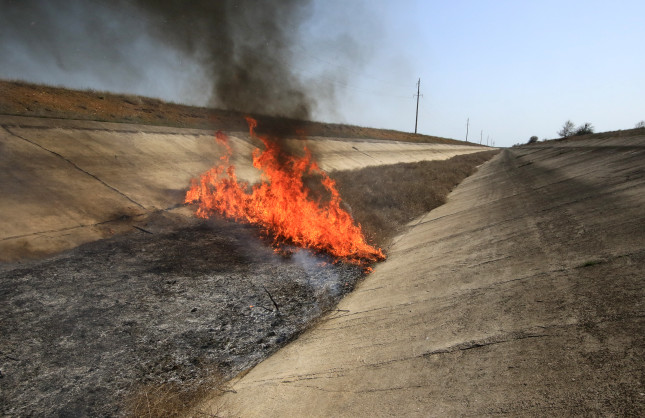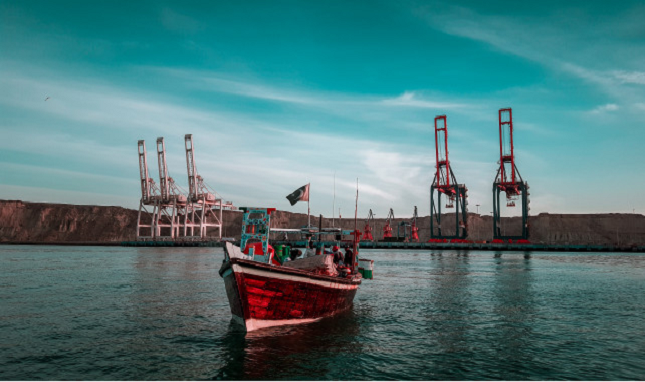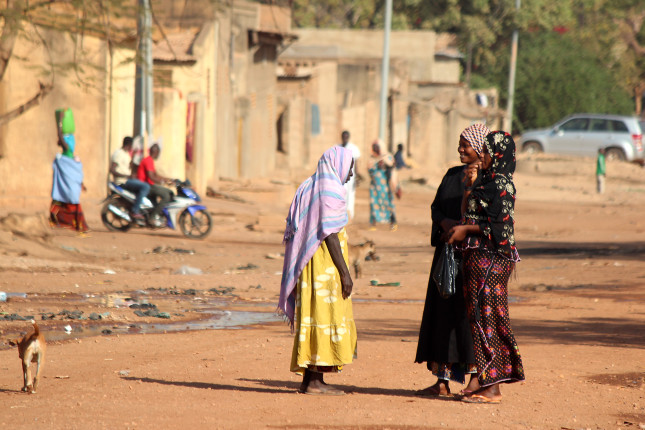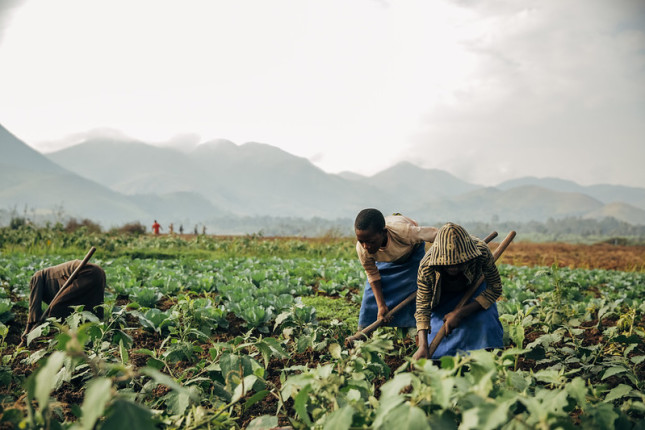-
Top 5 Posts for May 2022
›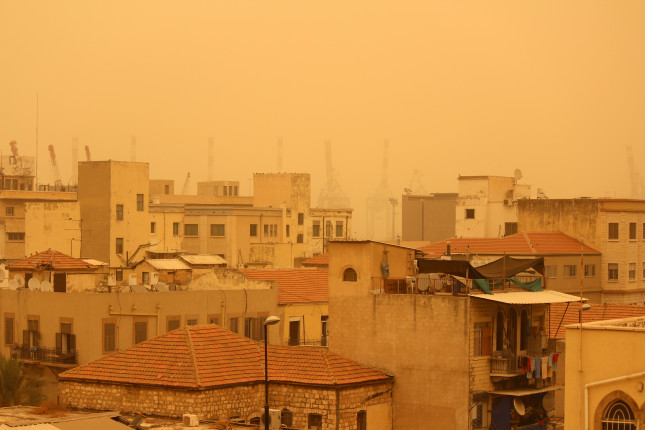
In Iraq, climate change is adding stress to an already precarious situation. Weak public services, growing unemployment, fossil fuel-related environmental and health hazards, and other factors have generated high levels of social vulnerability and contributed to recent protests. In the top post for May, Dylan O’Driscoll and Shivan Fazil write about how, against this fragile backdrop, insecurity is heightened by increasingly deadly flash floods and more frequent dust storms that pose a public health threat.
-
Top 5 Posts for April 2022
› As the world reels from the Russian invasion of Ukraine, the pandemic, climate shocks, and other crises, strategic future planning is more important than ever. In April’s most-read article, Steven Gale points to a source of hope in the suite of inclusive, “future-forward” initiatives that are unfolding under UN leadership, from risk reporting to impact assessments and youth engagement. These activities, encompassed by the UN’s Our Common Agenda, represent a global collaborative effort to map future risks and identify policy options in service of long-term well-being for people and the planet.
As the world reels from the Russian invasion of Ukraine, the pandemic, climate shocks, and other crises, strategic future planning is more important than ever. In April’s most-read article, Steven Gale points to a source of hope in the suite of inclusive, “future-forward” initiatives that are unfolding under UN leadership, from risk reporting to impact assessments and youth engagement. These activities, encompassed by the UN’s Our Common Agenda, represent a global collaborative effort to map future risks and identify policy options in service of long-term well-being for people and the planet. -
Top 5 Posts for March 2022
›
The devastation wrought by Russia’s invasion of Ukraine has shocked the world. But underneath the searing photographs and headlines, the war also highlights how access to natural resources shapes conflict—and how addressing regional resource needs is central to effective peacebuilding. For instance, the contentious North Crimean Canal cut off most of the water in occupied Crimea in 2014, leading to water insecurity and a loss of arable land. In our top post for March, Mehmet Altingoz and Saleem Ali discuss the role of water infrastructure in the years-long conflict between Russia and Ukraine and explain how water-sharing agreements could make critical contributions to peace.
-
The Top 5 Posts of February 2022
›Since signing on to China’s Belt and Road Initiative, Pakistan has furthered its government’s partnership with China through the China-Pakistan Economic Corridor. While both initiatives concern development investments in infrastructure, the agreements have raised concern in Pakistan. In February’s top post, Sheraz Aziz assesses the environmental impacts, like deforestation and pollution from coal plants, and economic impacts, such as those on Gwadar’s fishing industry, that are sparking opposition from Pakistanis.
-
The Top 5 Posts of January 2022
›“Water wars”—violent clashes over scarce water resources—have for decades been predicted as likely or certain to happen. But while water-related issues can be contributors to conflict, Jeroen Warner and Sumit Vij dispel the water wars hypothesis in last month’s top post, arguing that it diverts attention “from issues like human security and governance of natural resources.”
-
The Top 5 Posts of December 2021
›
On the 34th anniversary of the assassination of Burkina Faso’s former President, Thomas Sankara, Richard Cincotta explored his legacy of economic and gender development in December’s top post. While present day Burkina Faso did not follow the development track Sankara set in motion, similar model countries, like Tunisia, were able to create social progress through similar policies.
-
Top 5 Posts of November 2021
›Earlier this year, the U.S. National Intelligence Council shared five scenarios for global development in 2040, and the OECD released three scenarios for global cooperation in 2035. In our top post last month, Steven Gale, Ana Fernandes, Krystel Montpetit, and Alanna Markle take a closer look at the differences and similarities between the two sets of scenarios, notably China’s role, growing fragmentation, increased digitalization, and a gradual breakdown in international cooperation and trade.
-
The Top 5 Posts of September 2021
›New strategies can help the United States develop a more effective approach to climate change. In our top post this month, Cynthia Brady, Liz Hume, and Nick Zuroski explain the need for addressing and integrating conflict prevention and climate risks into foreign policy and development assistance—and provide recommendations for how to better integrate conflict and climate risks into U.S. decision-making.
Showing posts from category What You Are Reading.


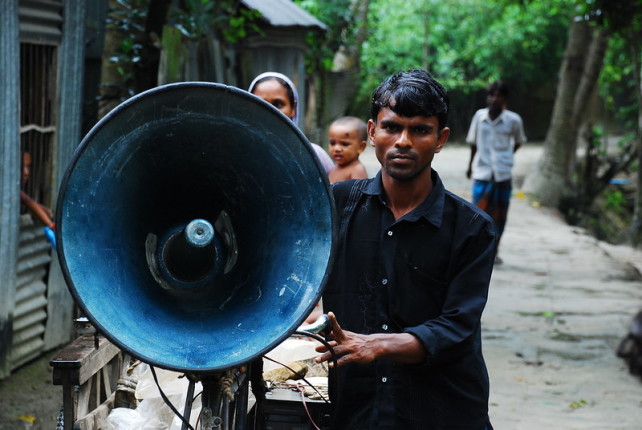 As the world reels from the Russian invasion of Ukraine, the pandemic, climate shocks, and other crises, strategic future planning is more important than ever. In April’s most-read article, Steven Gale points to a source of hope in the suite of inclusive,
As the world reels from the Russian invasion of Ukraine, the pandemic, climate shocks, and other crises, strategic future planning is more important than ever. In April’s most-read article, Steven Gale points to a source of hope in the suite of inclusive, 